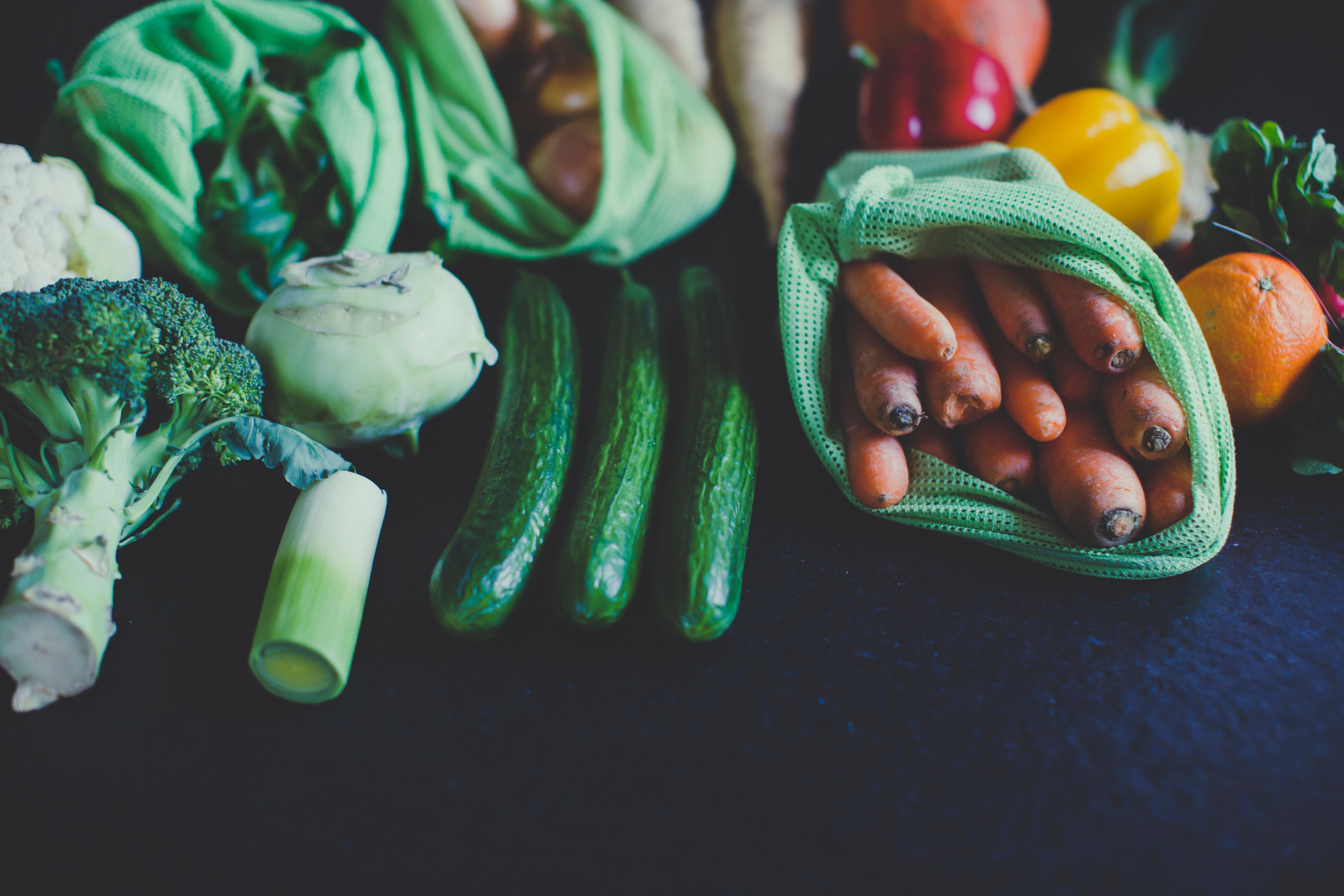Food waste is still an issue we tackle today. Not only is this costing people financially, but it’s also harmful to the environment and inconsiderate of those who have to bend over backward just to get a decent meal. Follow these tips to reduce your food waste and save money while you’re at it. Â
READ: Made Easy With Bokashi: Start Turning Food Waste Into Compost With Green Space
Organize Your Fridge and Pantry
Having an inventory helps keep track of what’s inside your refrigerator and pantry. If there are items you keep forgetting at the back, organize them in a way that everything is visible and accessible. Better yet, stop buying ingredients that you don’t frequently use in your recipes.
Plan Your Meals
You’ll be able to stick to a budget and be less tempted to buy random ingredients that will probably end up being unused when you know what you’re going to cook that week. Less takeout and more home-cooked meals mean a healthier diet and improved cooking skills.
Be Creative with Leftovers
Some people can eat the exact thing every day and still not tire of it but that isn’t the case for everyone. Instead of tossing out leftovers, transform them into a new and different meal. Vegetables, for example, can be added into a delicious bowl of egg fried rice or used in stews before they go bad.
Maximize Your Freezer
Batch cooking freezer-friendly meals and stocking up on frozen fruits and vegetables makes the most of freezer space. This is a convenient and cost-effective solution because you’ll only need to reheat food when it’s time to eat and you won’t have to worry about your produce shriveling up before you get to use them.
Check Expiration Dates
Most non-perishable items are safe for consumption even past the best-before dates. The quality might not be the same, but they’ll still have 6-12 months of shelf-life. When it comes to perishable foods though, stick to their use-by dates and don’t buy more than you can consume immediately.
Think about how much money you’ve lost just by throwing away perfectly edible things. By reducing food waste, you’re being economical and working towards a sustainable future.






















